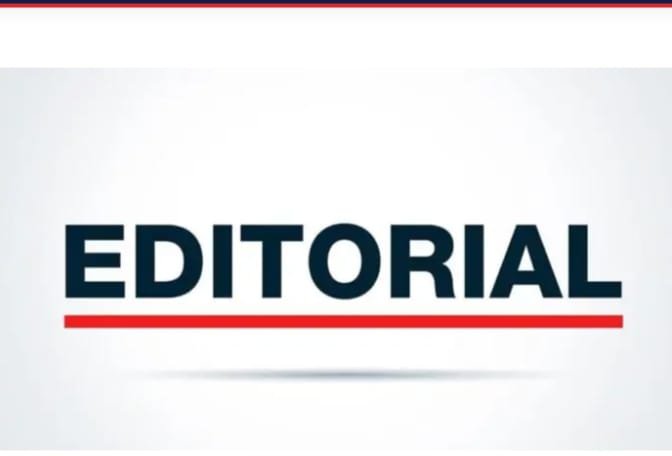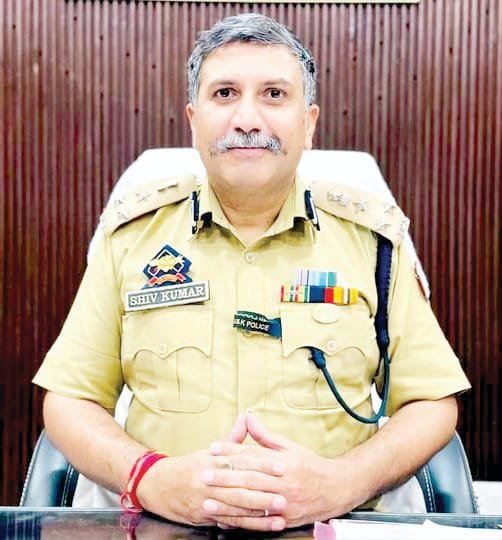After the constitutional changes of 2019, Jammu and Kashmir finally witnessed Assembly elections following a long democratic silence. In the newly reduced Union Territory, the people placed their overwhelming trust in the National Conference, granting it a decisive mandate and attaching renewed hopes for governance and stability. However, the Bharatiya Janata Party (BJP), despite emerging as the second-largest party and employing every political tactic available, remained far from the corridors of power.
This exclusion from power made the journey of the National Conference–Congress alliance government equally challenging. The relationship between Chief Minister Omar Abdullah and Lieutenant Governor Manoj Sinha failed to warm despite repeated efforts from Omar, who, after an aggressive campaign, adopted a softer, more statesmanlike tone in governance. He made several visits to New Delhi, meeting the Prime Minister and Home Minister in a bid to restore cordiality, but his political boat kept rocking between the Raj Bhavan and Delhi — never finding steady waters.
Caught between this dual power struggle is the common public — the very people who waited years for democracy to return, voted enthusiastically, and yet, after one full year of government, have little to show for their faith. Government decisions travel to Raj Bhavan only to return unanswered. Omar Abdullah sought to win Delhi’s confidence but failed to bridge the emotional and administrative gap with LG Manoj Sinha, who, in turn, remained reluctant to extend cooperation.
This ongoing tussle of authority has distorted the very face of governance in Jammu and Kashmir. Omar Abdullah alleges that the BJP wants him to share power before allowing smooth governance, while the BJP outright denies the claim. But in today’s age of social media transparency, the public sees everything — they know where the real roadblocks lie.
True democracy demands collaboration, not confrontation. The political speed breakers between the Civil Secretariat, the Chief Minister’s Office, and the Raj Bhavan must be removed. The path between them needs to be paved with mutual respect, understanding, and shared purpose. Only then can the real issues of the people be addressed. For Jammu and Kashmir to truly become the “Crown of a “VIKSIT BHARAT” (Developed India),” both the Chief Minister and the LG must work together — and the Centre must also show seriousness and sensitivity toward the region’s aspirations.
Power never remains permanent; today it’s here, tomorrow elsewhere. Sovereignty ultimately belongs to the people. Winning their hearts requires sincerity, not cunning — courage, not convenience. Democracy must function in a democratic spirit so that no citizen remains deprived of its fruits.
For nearly seven years, there were no elections; then came a vote, a government, and now a full year has slipped away in political uncertainty. As the saying goes: “Days pass, and so does life.” Wasting time now would mean denying justice to the very people democracy exists to serve — and justice delayed, as always, is justice denied.




